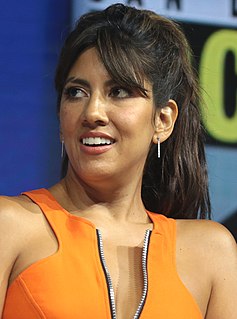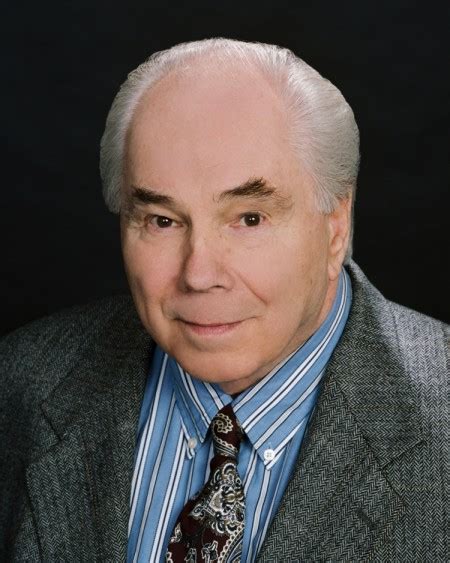A Quote by Madeleine L'Engle
Because we fail to listen to each other's stories, we are becoming a fragmented human race.
Related Quotes
The novel has become a function of the fragmented society, the fragmented consciousness. Human beings are so divided, are becoming more and more divided, and more subdivided in themselves, reflecting the world, that they reach out desperately, not knowing they do it, for information about other groups inside their own country, let alone about groups in other countries. It is a blind grasping out for their own wholeness, and the novel-report is a means toward it.
When you label somebody and put them in a box, then you put the lid on the box, and you just never look inside again. I think it's much more interesting for human beings to look at each other's stories and see each other. Really see each other and then see themselves through other people's stories. That's where you start to break down stereotypes.
We are opinionated society. We're very happy to spout forth our own views; we're not good about listening. We have to listen to other's stories. Learn to listen to the stories of the terrorists just as we hope that they will listen to ours because very often these narratives express frustrations, fears, and anxieties that most societies can safely ignore.
We think of music as this substance that flows - you turn on the tap, and there it is, streaming off your computer - but that's not how we evolved as a species. We evolved to listen to each other, and the reason we're able to listen to music in the terms is talking about is because we're really good at listening to each other. But this kind of technology has allowed us to forget that music is the sound of each other.
Each human being, however small or weak, has something to bring to humanity. As we start to really get to know others, as we begin to listen to each other's stories, things begin to change. We begin the movement from exclusion to inclusion, from fear to trust, from closedness to openness, from judgment and prejudice to forgiveness and understanding. It is a movement of the heart.
No matter how old I get, the race remains one of life's most rewarding experiences. My times become slower and slower, but the experience of the race is unchanged: each race a drama, each race a challenge, each race stretching me in one way or another, and each race telling me more about myself and others.
When we haven't the time to listen to each other's stories we seek out experts to tell us how to live. The less time we spend together at the kitchen table, the more how-to books appear in the stores and on our bookshelves. But reading such books is a very different thing than listening to someone' s lived experience. Because we have stopped listening to each other we may even have forgotten how to listen, stopped learning how to recognize meaning and fill ourselves from the ordinary events of our lives. We have become solitary; readers and watchers rather than sharers and participants.
It is already becoming clear that a chapter which had a Western beginning will have to have an Indian ending if it is not to end in self-destruction of the human race. At this supremely dangerous moment in human history , the only way of salvation is the ancient Hindu way. Here we have the attitude and spirit that can make it possible for the human race to grow together in to a single family.
Ty and I are extremely competitive. We don't go soft on each other. We push each other, which ultimately helps us both. We race against each other in everything we do, whether it's a foot race to the car when we go out to a restaurant at night or on the racetrack. It's in the back of my mind that he's on the track with me, but we're both competitive and want to win.
Yet again, an ancient answer echoes across the centuries: Listen! Listen to stories! For what stories do, above all else, is hold up a mirror so that we can see ourselves. Stories are mirrors of human be-ing, reflecting back our very essence. In a story, we come to know precisely the both/and, mixed-upped-ness of our very being. In the mirror of another's story, we can discover our tragedy and our comedy-and therefore our very human-ness, the ambiguity and incongruity, that lie at the core of the human condition.






































